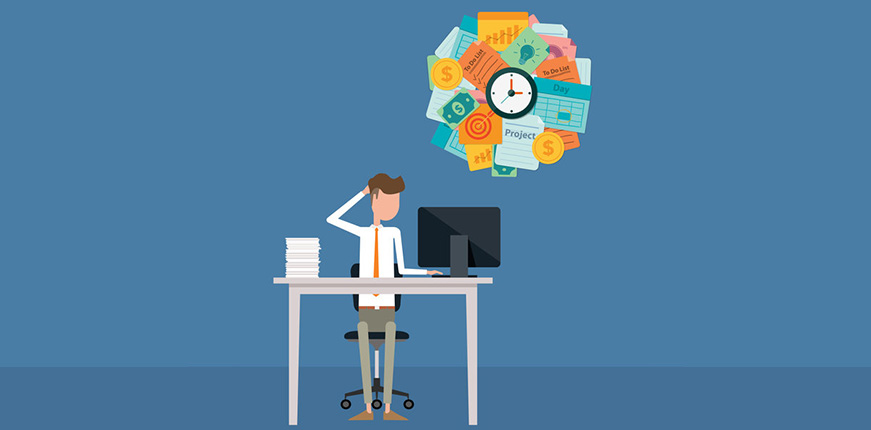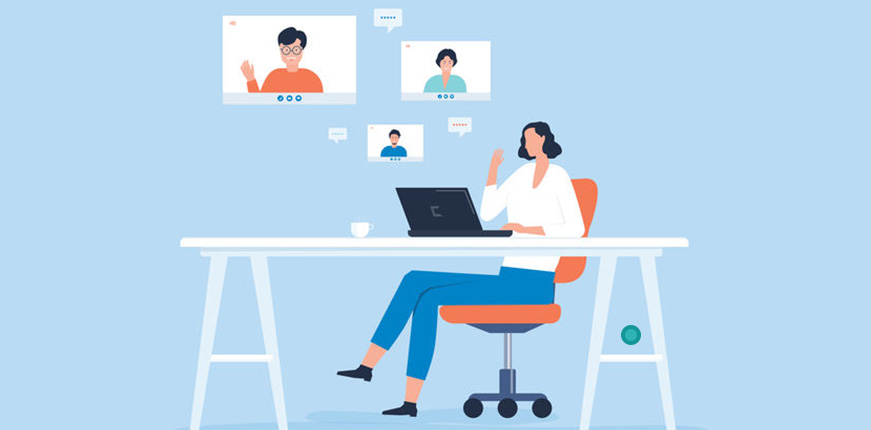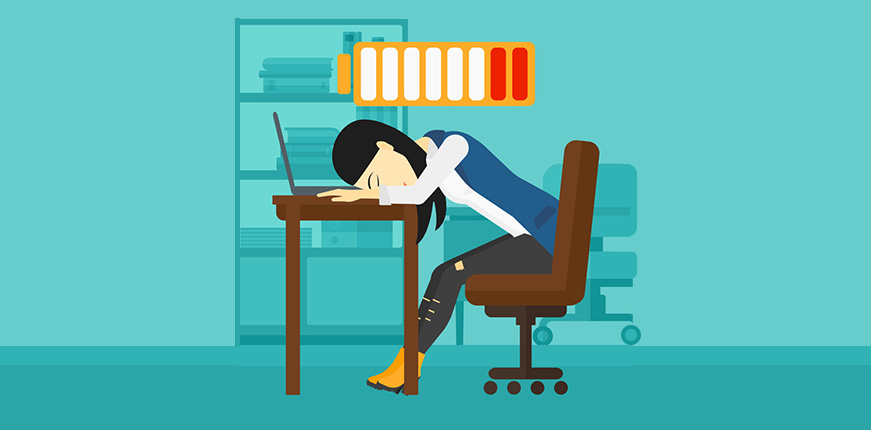Digital Detox during Coronavirus Times
Now’s not the time to go offline: How to manage your digital diet.
Anxiety has gone viral and social media is the contagion.
From 5G conspiracy theories to doomsday cults predicting the end of the world, the coronavirus pandemic has also bought a pandemic of fake news. Some is clearly fake and we can laugh it off (heard the one about drinking cow urine?).
Other news is less clear such as medical advice from (unnamed) doctors making false claims like sunlight breaks down the virus. Even the well-intentioned sharing of this fake news increases people’s anxiety and spreads misinformation.
Even when it’s not fake news, the sheer volume of news is overwhelming. There is not much other than coronavirus in the media now. None of it is positive; from death rates, hospital admissions, unemployment and economic downturns. While it is important to stay well-informed, overdosing on coronavirus news increases stress. For a many reasons stress and anxiety have risen since the coronavirus. Social media is not be the only reason, but it certainly contributing.
Now’s not the time to go off-line
Even with rising stress levels, now is the time to go offline. Digital is the only way to keep in touch with anyone except those living in your household. In a time of social distancing, social media helps combat social isolation. Keeping up to date with what is happening is necessary as coronavirus measures change. One way is to review your digital diet.
The Coronavirus Digital Diet
Here are 3 ideas to manage your digital diet during the coronavirus lockdown:
- Make healthy digital choices
Just like healthy food choices, surround yourself with trusted reliable news sources. It might be that you have to pay for it. But if you want to know that someone has checked the facts or solicited alternative views before publishing a story then that is worth it. Social media is the worst place to get your news. Fake news moves six times faster on Twitter than a real story due to both algorithms and humans. - Reduce your intake
The World Health Organisation (WHO) in their mental health guidelines has recommended limiting news especially if it is impacting your mental wellbeing. A diet of news for hours on end, even in better times increases anxiety. News is only newsworthy if it is negative. Our minds more easily recall more recent events, even if they are not the most frequent statistically. More news will bring up more negative thoughts. - Don’t count your screen hours
Just like counting calories, counting the time you spend online is not a good measure of your digital diet. The real question is – is it time well spent? Have you gained pleasure by spending an hour chatting to friends on WhatsApp? Or mindless scrolling through cat videos, the Kardashian’s lifestyle and fake news bought you down? So think about how it makes you feel not how long.
Managing your digital consumption is one way to improve your mental wellbeing during. Just as “you are what you eat” with media “you are what you read”. So make healthy choices of news sources, limit your consumption and spend your time online wisely.
If you are looking for trusted news sources then:
https://shityoushouldcareabout.com/home/readingthenews
Specifically for medical information about the coronavirus:
https://www.who.int/emergencies/diseases/novel-coronavirus-2019
https://www.health.harvard.edu/diseases-and-conditions/coronavirus-resource-center



